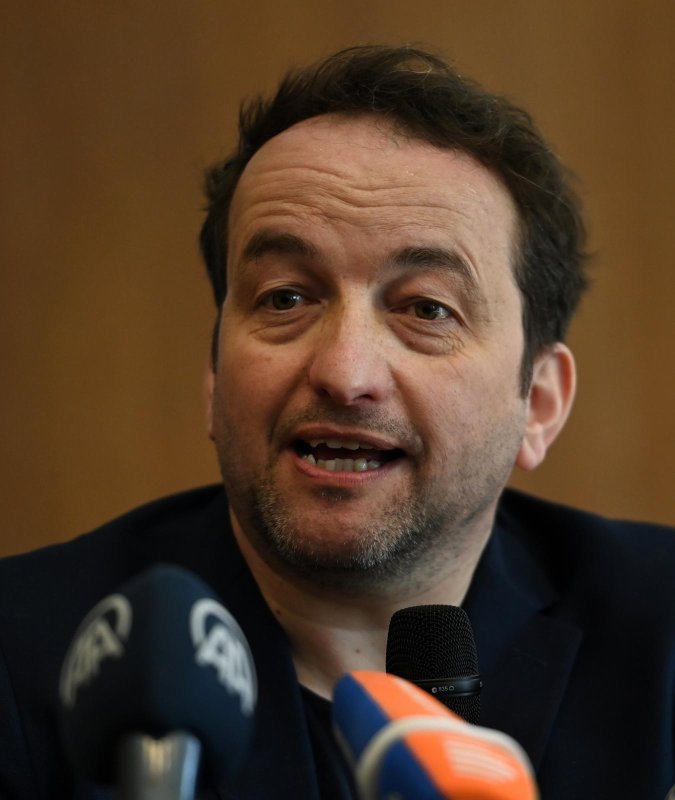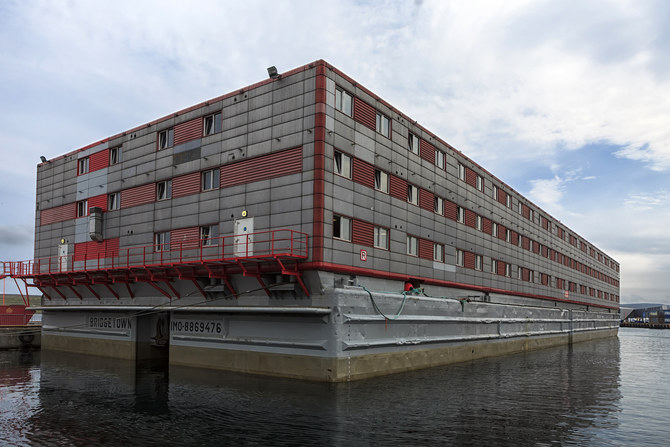
A new study of older adults suggests that regular Internet use may be a boon for older Americans, staving off the long-term risk for dementia.
In a world increasingly consumed by social media, much has been made of the amount of time younger generations spend online every day -- and the harms that habit can bring.
But now a new study of older adults suggests that regular Internet use may actually be a boon for older Americans, staving off the long-term risk for dementia.
"We studied the association between Internet usage and the risk of dementia in the long term among dementia-free adults aged 50 and older," explained study author Gawon Cho.
"We found that regular users experienced approximately half the risk of dementia than non-regular users," said Cho, a doctoral student in the department of social and behavioral sciences at New York University's School of Global Public Health, in New York City.
"Surprised by the magnitude of the risk difference" her team observed, Cho acknowledged that it's not entirely clear whether dementia-free patients are simply more likely to surf the web in the first place, or whether surfing the web can actually help keep dementia risk at bay
"We cannot tell which is the chicken and which is the egg at this time," Cho admitted.
Still, she said, the findings do indicate that when it comes to maintaining a healthy brain "Internet usage in old age matters."
To examine how Internet use might impact dementia risk, the study team focused on more than 18,000 American adults. All were between the ages of 50 and 65 when the study was launched in 2002.
After initially undergoing mental health assessments, all participants were subsequently interviewed every two years, to keep tally of Internet usage habits.
At each interview all participants were asked to respond yes or no to the following question: "Do you regularly use the World Wide Web, or the Internet, for sending and receiving email or for any other purpose, such as making purchases, searching for information or making travel reservations?"
Those who answered "yes" were classified as "regular Internet users." Those who answered "no" were deemed "non-regular users."
By that definition, approximately two-thirds of the participants were regular Internet users when the study began; just over one-third were not.
In addition, in 2013 a sub-sample of participants who skewed older were also asked to indicate precisely how many hours a day they went online to email, socialize, get news or shop, among other activities. Time spent watching TV or movies was excluded.
Dementia risk was then tracked for a maximum of 17 years, with an average follow-up of about 8 years.
In the end, just under 5% of the participants had developed dementia by the time the study was halted. About 8% of the participants had died without having developed dementia, while more than 87% remained mentally sharp.
Cho acknowledged that roughly one-fifth of the participants changed their Internet usage habits over the course of the study. Specifically, about 13% of those who had first been classified as regular users indicated they were non-regular users during at least one of the subsequent interviews.
Change also unfolded in reverse, the team noted, with just over one-third of those initially deemed to be non-regular users having switched to regular Internet use at least once over the ensuing years.
Still, the vast majority of participants did not alter their Internet habits over time. After stacking initial Internet habits up against dementia risk, the team concluded that about 1.5% of regular Internet users were at risk for dementia, while more than 10% of non-regular users were, according to the report
The investigators said the findings held up even after taking into account race, ethnicity, gender and prior education.
But a notable twist surfaced when the team turned to the 2013 hourly usage data.
Among that small group of relatively older men and women, investigators saw a "U-shaped dynamic," in which older folks who were never online and those who were online between 6 to 8 hours each day seemed to have a higher risk for dementia than their peers whose Internet use fell somewhere in between.
Cho noted that prior research has suggested that excessive Internet use may ultimately "negatively affect the risk of dementia in older adults."
As for the broader finding that regular Internet use might be protective against dementia, Cho and her colleagues speculated that it might have to do with how routine online surfing helps to bolster language ability, memory and thought-processing capacity.
The findings were published recently in the Journal of the American Geriatrics Society.
Claire Sexton, senior director of scientific program and outreach for the Alzheimer's Association, suggested that the findings align with the notion that "the more we know about the Alzheimer's risk factors we can change, the better."
Sexton said, "This is important research, as it identifies a potentially modifiable factor that may influence dementia risk."
More research into the impact of lifestyle choices on dementia risk will be needed, she noted.
"People may be able to reduce their risk of cognitive decline by adopting key lifestyle habits, including regular physical activity, getting more formal education, taking care of heart health, and getting enough sleep," she said. "When possible, combine these habits to achieve maximum benefit for the brain and body. Start now. It's never too late or too early to incorporate healthy habits."
More information
There's more on dementia at the U.S. National Institute on Aging.
Copyright © 2023 HealthDay. All rights reserved.





















